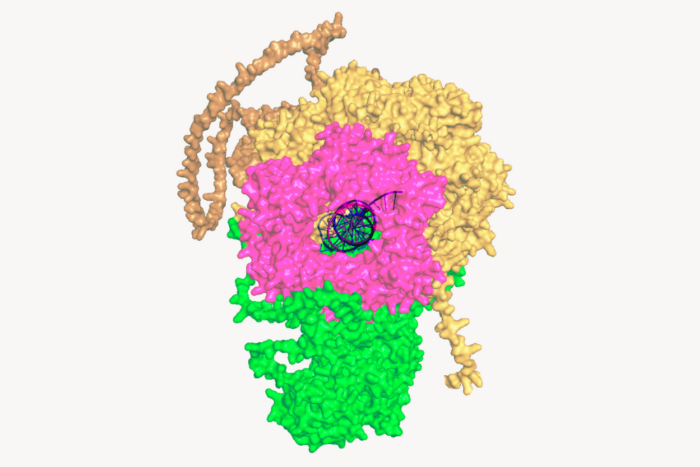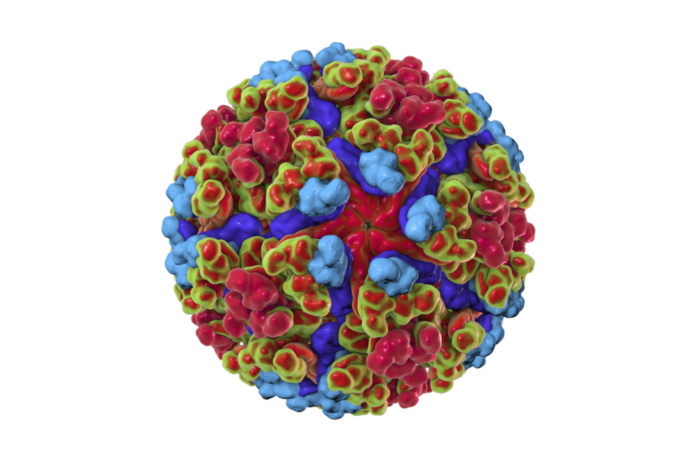K. Rashid Rumah
 K. Rashid Rumah
K. Rashid Rumah
Presented by Vincent A. Fischetti
B.S. Stanford University
The Origin of Multiple Sclerosis Revisited: The Case for a Soluble Toxin
Multiple sclerosis is a devastating neurological disease that attacks people in the prime of their lives. Though intensive research has gone on for decades, the cause of MS remains unknown. Rashid Rumah had been interested in this problem even before he entered the M.D.-Ph.D. program. Based on histopathological findings, Rashid had the idea that the brain lesions seen in MS patients appeared to be caused by a toxin — but what toxin?
Toxins can easily enter a host from intestinal bacteria that have been acquired from the environment. So he searched stool samples of MS patients to identify such a toxin-producing organism, but with little success, until, as luck would have it, he received a sample from a patient that was very early in the disease process. He was successful in isolating
the organism — Clostridium perfringens type B — that produces ETX, a neurotoxin.
C. perfringens type B are usually found in the intestines of ruminant animals like sheep and cows and can cause neurologic symptoms in these animals.
Armed with this new information, he went on to discover that ten times more MS patients had antibodies to ETX toxin than normal controls, strongly suggesting that they were exposed to the toxin. He also found that normal controls carried C. perfringens type A in their intestines, which prevented colonization of type B organisms, while MS patients were less likely to carry this blocking organism. All his data pointed to ETX as the candidate toxin responsible for the MS lesions. He then purified the ETX toxin and used it in a mouse model and showed that it caused neurological symptoms in these animals.
Though very promising, these preliminary data lay the groundwork for a direction to try to understand the etiology of this mysterious disease.
When not in the lab working with dangerous toxins, Rashid relaxes at local karaoke bars where he sings a few of his favorite songs. Rashid is now back at Weill Cornell Medical College next door, completing his clinical duties.


